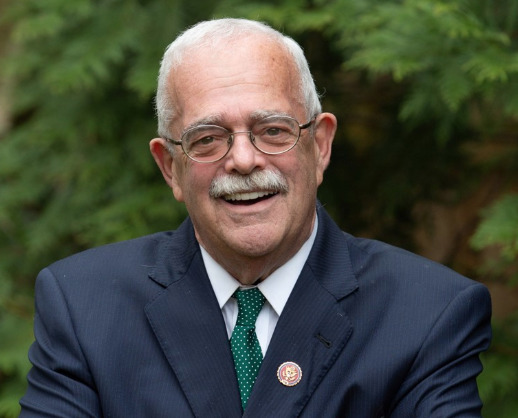Tuesday was a good day for nursing home operators and others opposed to nurse-aide training lockouts triggered automatically by high federal fines.
Congressmen Ron Estes (R-KS) and Gerry Connolly (D-VA) introduced the Ensuring Seniors’ Access to Quality Care Act in the House. It delivers a counterpart to a similar bill reintroduced in the Senate in June.

Among other things, HR 8805 and S 2993 would give federal regulators greater flexibility to reinstate providers’ ability to conduct their own nurse-aide training programs in the two years after they are hit with civil monetary penalties in excess of $10,000.
The lockout provision was mandated in the landmark OBRA ‘87 nursing home reform bill. That was passed 35 years ago and has always confounded providers as being counterintuitive for those who have typically exhibited a demonstrable need for more staff training, not less. That incredulity has only magnified during recent workforce shortages.
“Certified nurse aides are integral to the quality care that nursing homes provide. Strong training programs are a necessity to both ensure these valuable professionals have the foundation needed to serve older adults and to help fill a pipeline that is in dire need of replenishment,” said Katie Smith Sloan, president and CEO of LeadingAge, in a statement Wednesday.
A recent study by direct care workforce specialty group PHI found that the field had lost more than 150,000 aide positions in the decade ending 2021 — more than 57,000 from 2020 to 2021 alone.
The Ensuring Seniors’ Access to Quality Care Act would allow a reinstated training program under the following conditions:
- The facility has corrected the deficiency for which it was fined
- That deficiency had not put patients at immediate risk and was not caused by abuse or neglect
- The provider had not been cited again for a deficiency related to direct patient harm in the two years prior
Many providers are able to clear such hurdles and desperately need any help they can get in training and employing more direct care workers, providers emphasized Wednesday.
“Workforce shortages in senior care are threatening services everywhere for older Americans and their families. We are so grateful that Congressman Estes is willing to stand up for all of us by challenging an outdated federal law that has little to do with the quality of senior care and everything to do with blocking access to badly needed services in our communities,” said Debra Harmon Zehr, president and CEO of LeadingAge Kansas.
“It is necessary to establish and maintain a clear pathway for CNAs to allow them to receive the hands-on training they need,” added Melissa Andrews, president & CEO of LeadingAge Virginia.
The House version of the bill was introduced less than a week after 14 House members representing both major parties sent a letter to CMS encouraging the agency to support efforts to extend 1135 waiver flexibilities. A current statute allows providers and states to seek waivers extending the time nurse-aides can take to complete certification through the end of the PHE. The new push is to extend that window an additional 20 months.
With long-term care providers continuing to struggle with occupancy levels, which are sometimes held artificially low due to a shortage of workers, every possible reprieve is needed, Sloan said.
“Without workers, there is no care, which is why every possible lever to build the direct care workforce must be pulled,” she explained.



